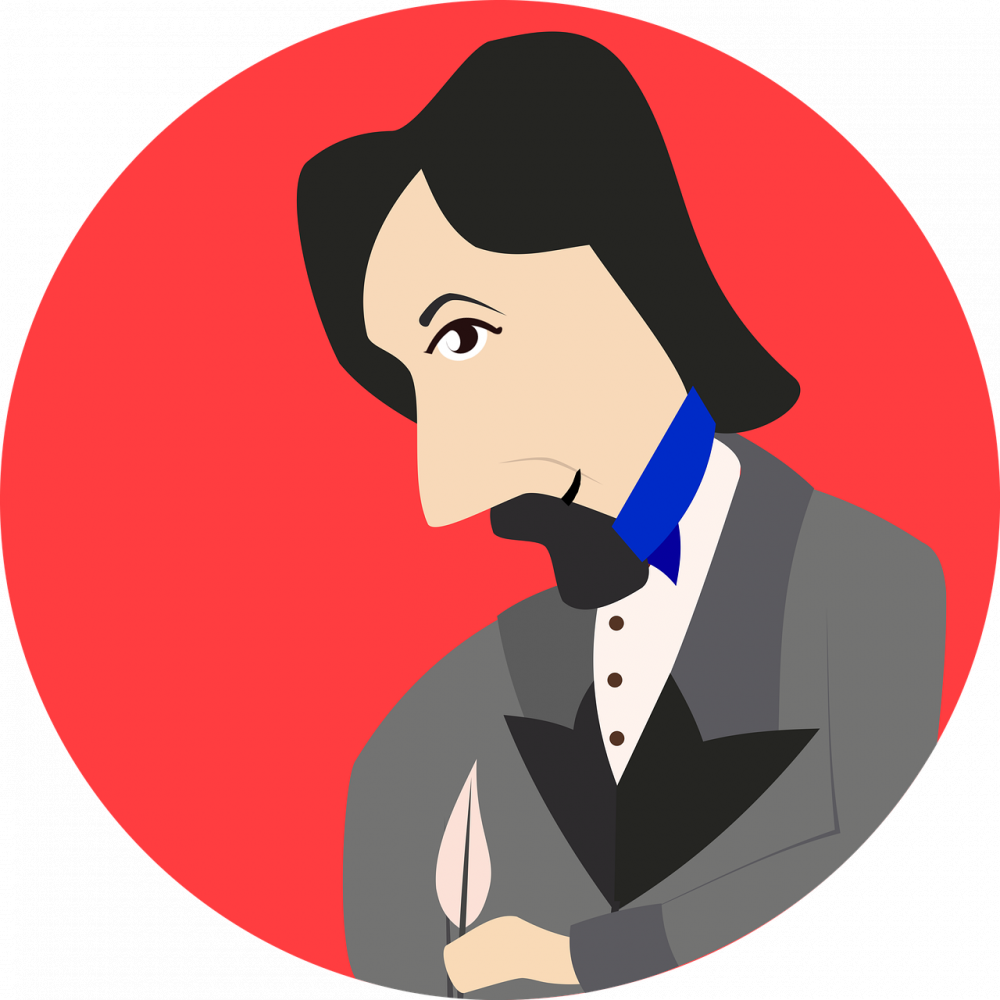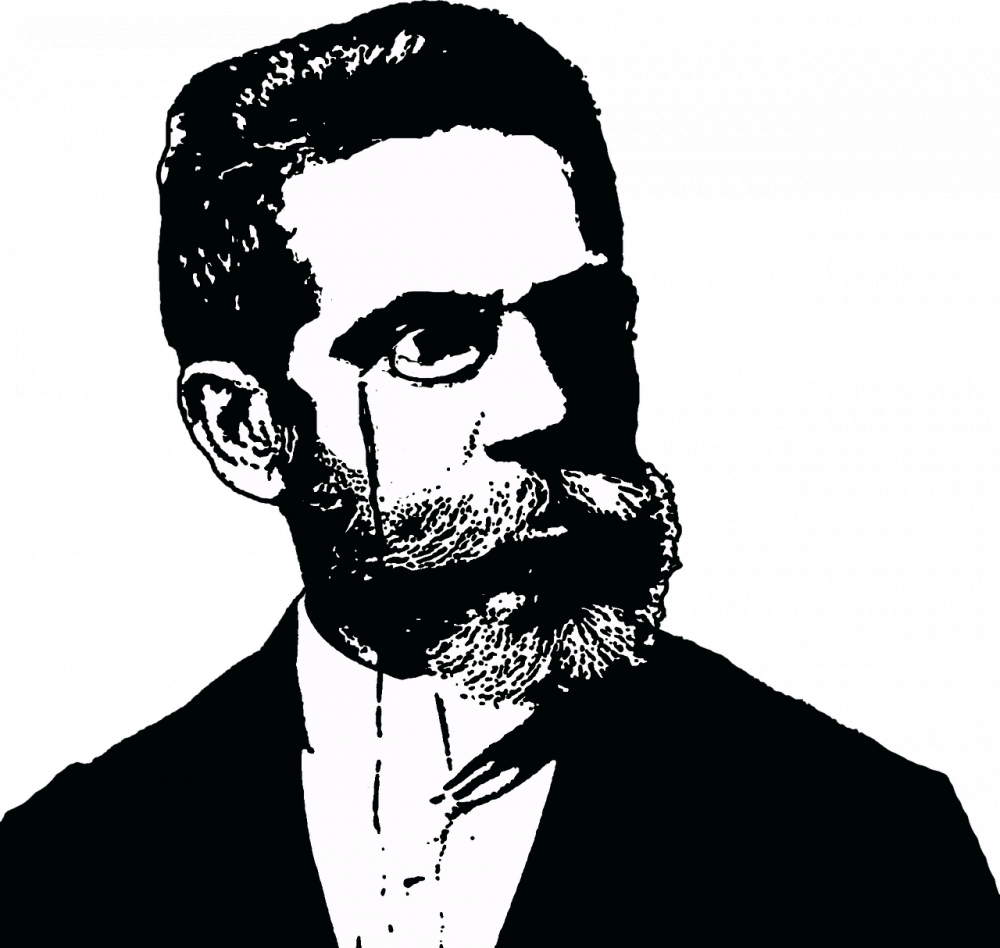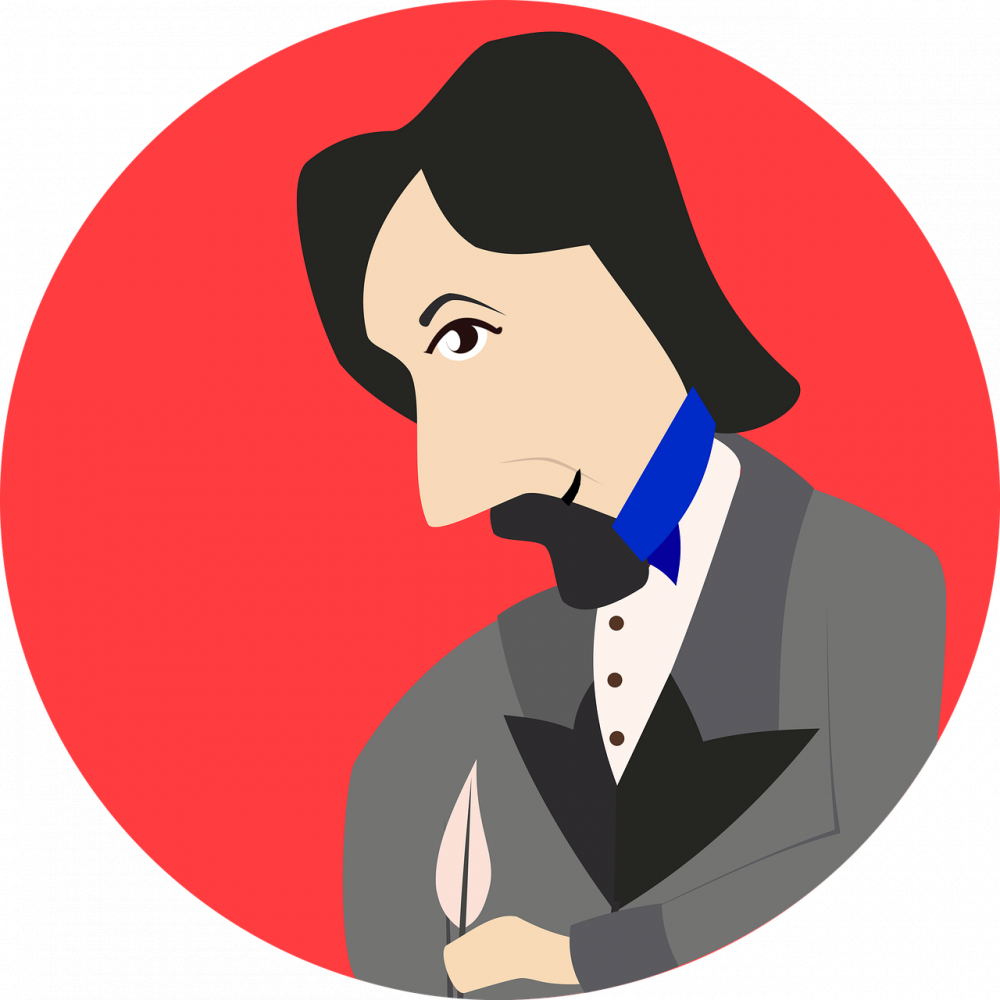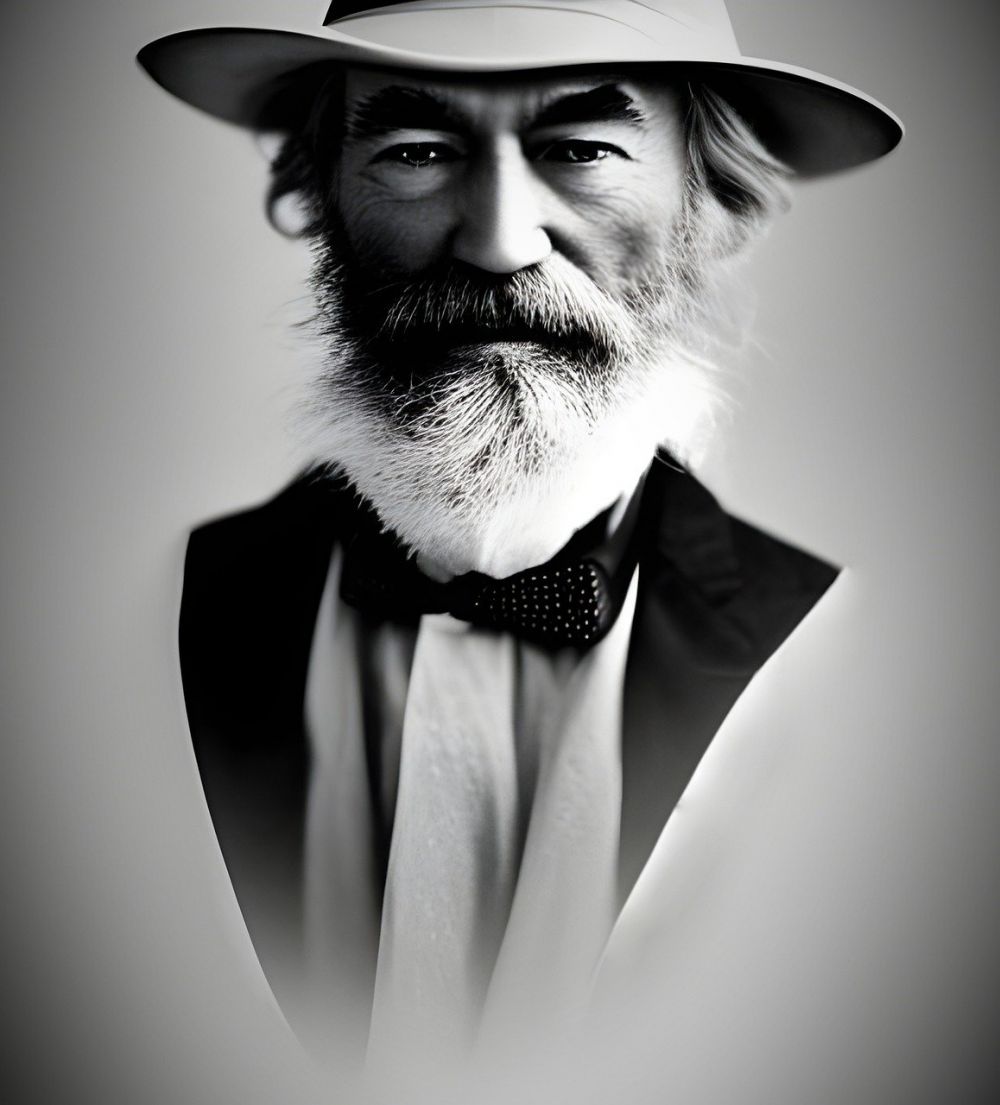George Orwells Animal Farm: A Literary Masterpiece Explored

Introduction
:

George Orwell’s Animal Farm stands as a timeless classic, captivating readers with its thought-provoking social commentary and allegorical portrayal of totalitarianism. First published in 1945, this novella has since become a literary phenomenon, appealing to audiences of all ages. In this article, we delve into the significance of Animal Farm and its evolution over time, providing essential insights for those interested in understanding this compelling work.
Historical Context
:
To truly grasp the essence of Animal Farm, it is important to consider the historical backdrop against which Orwell wrote. The novella reflects Orwell’s disillusionment with the Soviet Union’s descent into authoritarianism under Joseph Stalin’s rule. Orwell’s personal experiences during the Spanish Civil War and encounters with Stalinist propaganda greatly influenced the creation of Animal Farm.
Plot Summary and Themes
:
Animal Farm tells the story of a group of animals at Manor Farm who overthrow their human oppressors, led by the pigs. Initially, the animals establish a utopian society based on the principles of equality and collective decision-making. However, as time progresses, the pigs, particularly Napoleon, begin to exploit their positions of power, eroding the initial ideals.
The main theme of Animal Farm revolves around the corruption of power and the dangers of unchecked authority. Orwell uses the animals’ journey to expose the flaws inherent in any totalitarian regime. The novella warns against the manipulation of language and propaganda, illustrating how these tools can be used to control and deceive the masses.
Evolution over Time
:
Since its publication, Animal Farm has gained widespread acclaim and has been translated into numerous languages. The book continues to resonate with readers across the globe, transcending cultural and sociopolitical boundaries. Its universal appeal lies in its ability to address timeless issues such as political corruption, oppression, and the struggle for freedom.
In terms of adaptations, Animal Farm has been brought to life through various mediums. In 1954, an animated movie was released, spreading Orwell’s message beyond the boundaries of literature. Additionally, contemporary theater productions and educational adaptations have further popularized the novella, ensuring its enduring significance.
Google Featured Snippet Potential:
To increase the likelihood of this article being featured as a Google Featured Snippet, the following structured format is recommended:
Introduction
– Significance of Animal Farm
– Appeal to a wide range of readers
Historical Context
– Orwell’s disillusionment with the Soviet Union
– Influence of personal experiences
Plot Summary and Themes
– Summary of the novella’s plot
– Exploration of the main theme: corruption of power
Evolution over Time
– Global acclaim and translations
– Adaptations in different mediums
– Continuing relevance and popularity
Conclusion:
As a seminal work in the realms of literature, George Orwell’s Animal Farm delves deep into the human condition, exposing the dark underbelly of power dynamics and totalitarianism. Its timeless themes and engaging narrative have captivated readers for generations, making it an essential addition to any literary enthusiast’s collection. Through its exploration of corruption and manipulation, Animal Farm serves as a cautionary tale, reminding us of the dangers of complacency and the importance of preserving democratic values.





